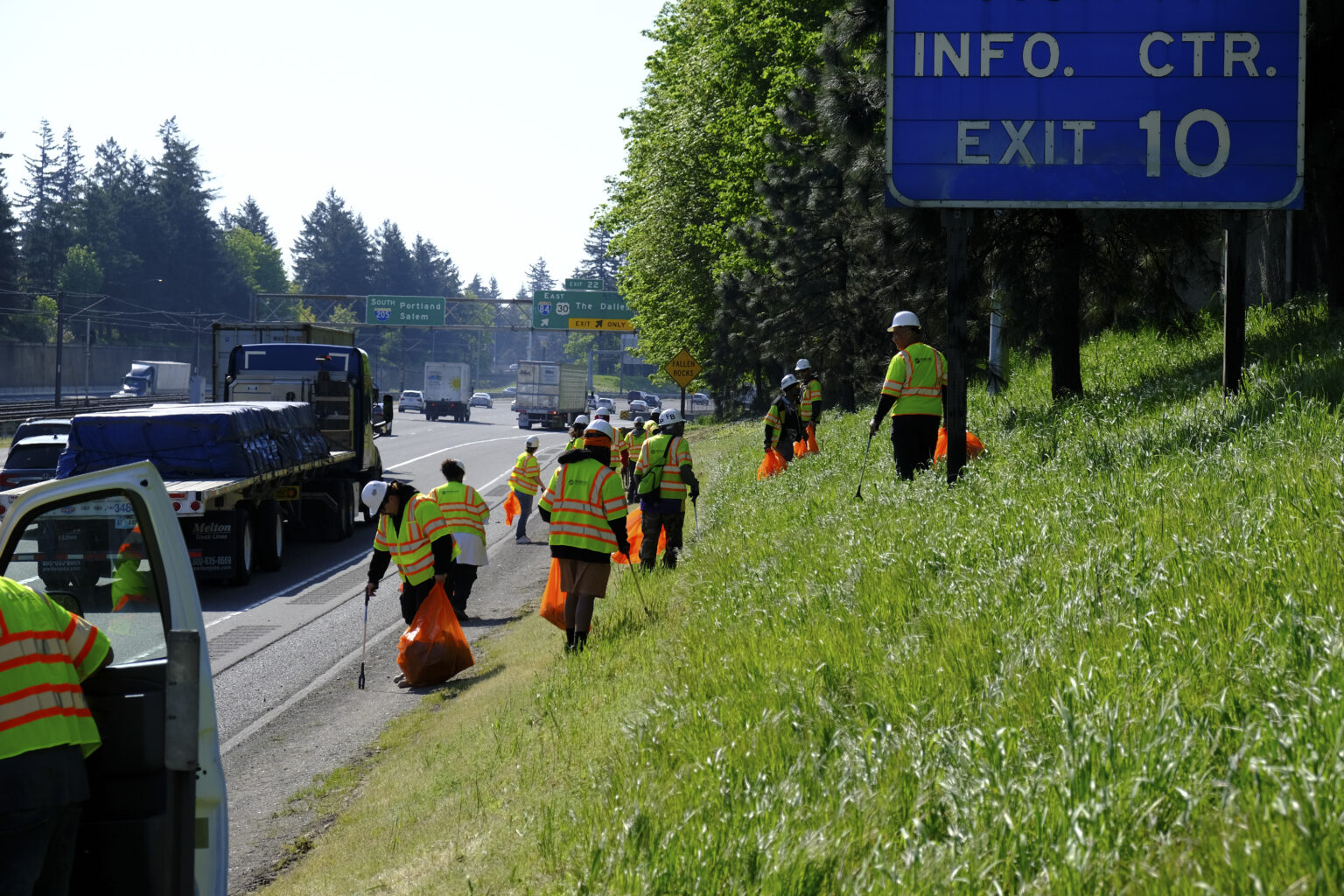Issues with ignition: probably vapor lock
Published 5:00 am Sunday, August 28, 2011
Q: No dealership has been able to fix the problem with my 1996 Toyota Tacoma. For a year now, once the vehicle has been driven for at least a half-hour in warm weather and it is turned off and sits for a few minutes, it will not restart unless you wait for at least 40 minutes for the engine to cool. It seems like it wants to start but the vehicle is “thirsty” for fuel.
Once restarted after the 40-plus minutes of waiting, it runs just fine. This problem doesn’t happen in the winter, only on hot summer days, and every once in a while it idles roughly, but not often. It has been extremely frustrating to have to always wait after driving it somewhere before I can drive it again.
Trending
A: You’ve accurately described “vapor lock,” more formally called “fuel percolation.” This occurs when engine heat trapped under the hood boils the ready fuel supply in the fuel rails on top of the engine. The bubbles in the boiling fuel prevent proper fuel pressure necessary to deliver fuel from the injectors. Until the fuel cools, stops boiling and the air bleeds out of the system, the engine won’t start.
Try opening the hood and idling the engine for a minute or so before shutting it off. Or, when the engine won’t start, try spraying water on the fuel rails, then try again. If either of these helps, it’s vapor lock. The only cure is lowering underhood heat, servicing the cooling system and trying different brands of gasoline.
Q: I have a 2001 Ford Ranger with an automatic transmission and 4.0-liter V-6 engine. When the transmission is in park and I rev the engine, it starts to cut out and miss at about 3,000 rpm. Yet when in gear and moving, the engine can run well over 3,000 rpm with no sign of missing. Is this normal or is there a problem?
A: Normal. Modern computer-controlled engines often are programmed to limit engine speed to about 4,000 rpm in park or neutral by shutting down fuel injectors progressively so that even at wide-open throttle the engine cannot over-rev.
Q: I am a 70-year-old widow with a 2005 Lincoln LS with only 40,000 miles on it. Recently my car has been running rough and my mechanic, whom I trust, replaced the plugs and one “coil” that I understand replaces the old distributor cap. Within a month the problem came back and a second coil was changed. Since I am the designated driver for my friends, I worry about getting stuck on the side of the road with a car full of seniors. Should I just have the four remaining coils replaced to be on the safe side?
A: My Alldata automotive database pulled up a pair of Ford service bulletins listed as recalls that cover replacement of ignition coils on certain 2003-05 Ford Thunderbirds and Lincoln LS models equipped with the 3.9-liter V-6 engine that experience misfires related to coil failures. Check with your local Ford-Lincoln dealer to determine whether your vehicle is covered by this recall.








